Actor Mitch Ryan will join Lee Marvin biographer Dwayne Epstein at 7:30 p.m. on Thursday, Aug. 21, at Larry Edmunds Bookshop in Hollywood to celebrate the paperback release of Epstein’s book, Point Blank.
Perhaps best known for playing Burke Devlin in the 1960s TV series “Dark Shadows,” Ryan also had a Hollywood career. He’ll discuss working with Marvin in “Monte Walsh,” (1970, William A. Fraker), a Western that co-starred Jack Palance and Jeanne Moreau.
Ryan and Epstein will present a clips reel of Lee Marvin TV appearances.
“Ah, stardom!” Marvin once said on the topic of fame. “They put your name on a star in the sidewalk on Hollywood Boulevard and you walk down and find a pile of dog manure on it. That tells the whole story, baby.”






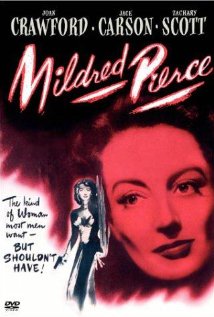
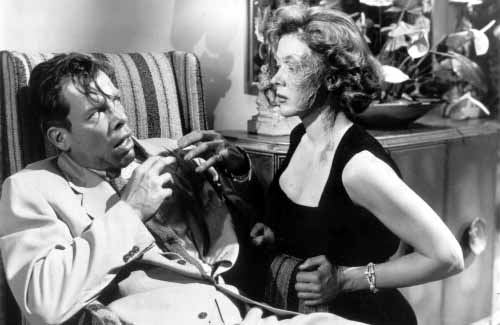
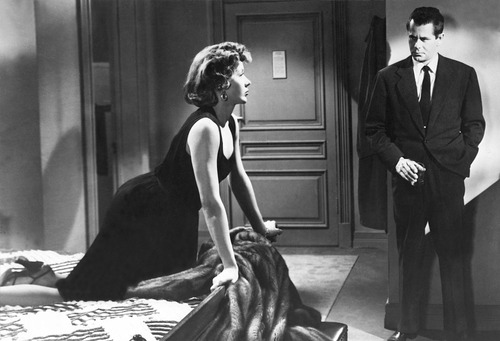

![leemarvin_390[1]](http://www.filmnoirblonde.com/wp-content/uploads/2013/02/leemarvin_3901.jpg)
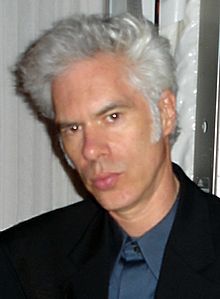
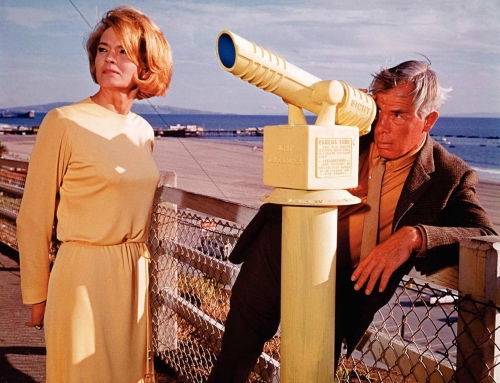
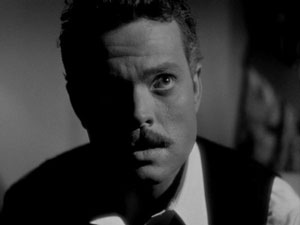
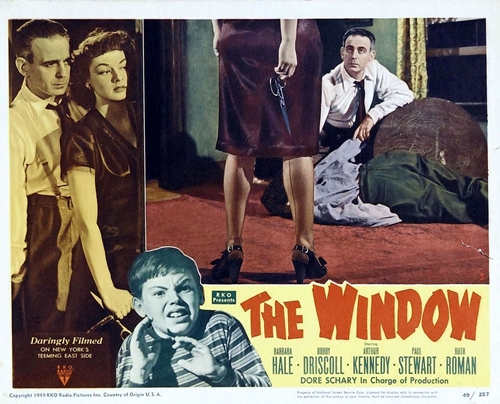
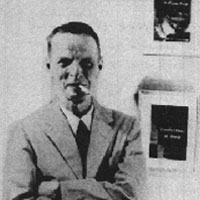
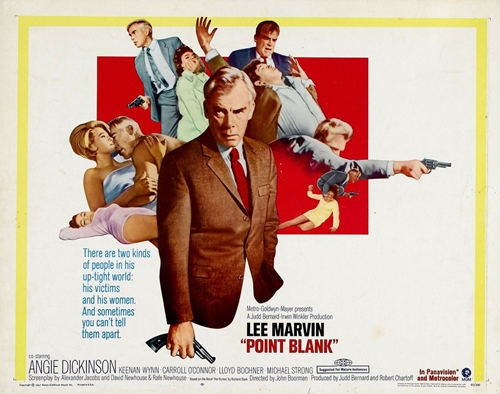
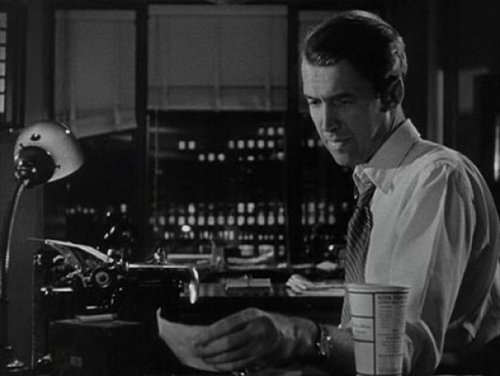
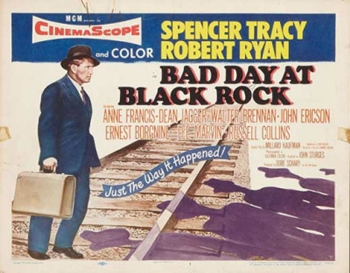
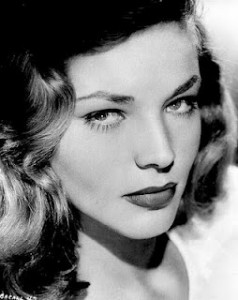
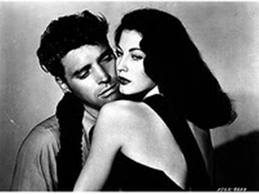
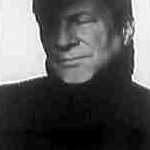
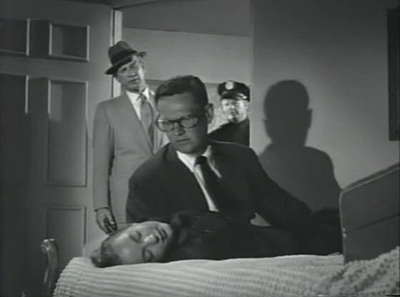
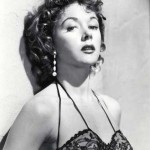
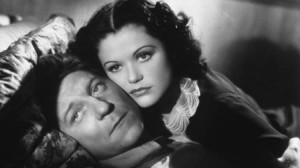





From FNB readers